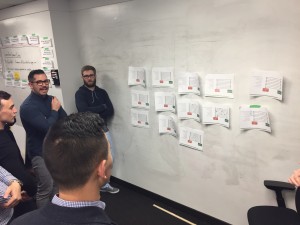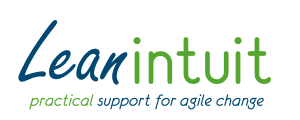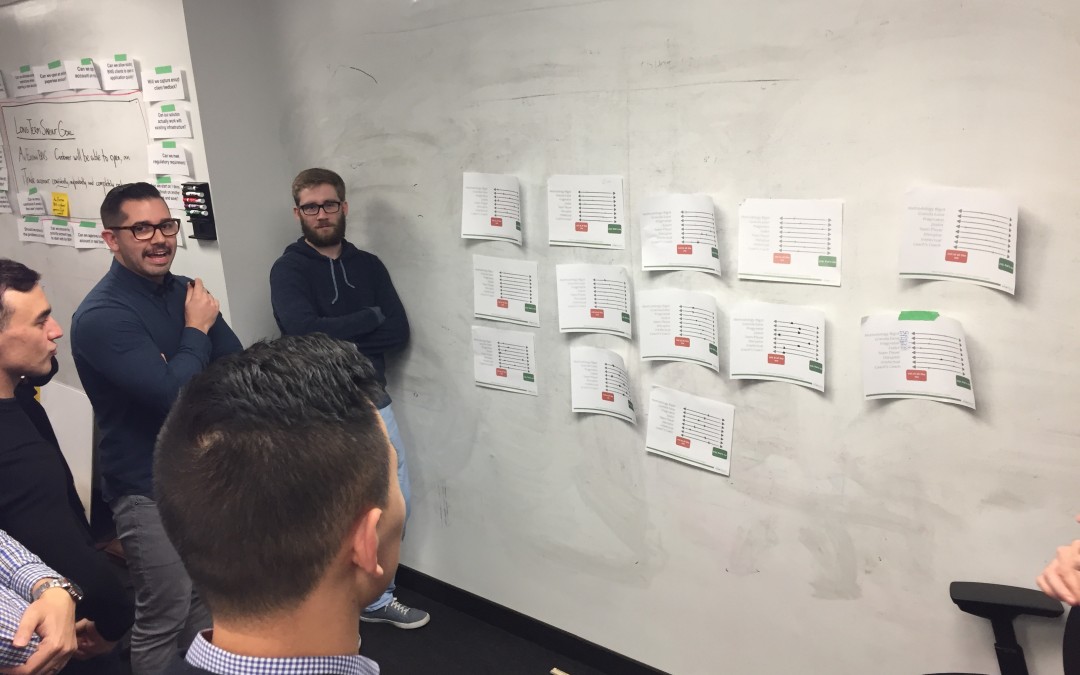This year at the Toronto Agile Tour I ran a new session about how to hire an Agile Coach. A few months ago I saw an article on Linked In titled something to the effect of “how to pass your Scrum Master/Coach interview”.
Thanks to whoever wrote it, because it sparked this idea!
Agile Coaching isn’t a new profession, it’s been around since the Extreme Programming (XP) days (late 1990’s) where it was simply called The Coach. Thanks to Rachel Davies for pointing that out. I wanted to trace the origin of the Agile Coach role and this was the earliest use of the term that I could find.
I’ve seen enough Agile Coach job descriptions to gain an understanding that most have no idea what to expect from a coach so they toss everything they can think of into the job description, such as:
- willingness to confront and be confronted
- responsible for Agile Transformation roadmap
- coach teams, multiple teams, and program teams
- work with managers to instill an Agile mindset
- software development experience
- evolve Agile governance process
- coach executives on business agility
Let’s be clear, those 7 bullet points ballooned into 30+ on the most recent job description I received. If you break down those 7 bullet points, who’s responsible for that stuff today? Who coaches the executives now? Who’s responsible for governance today? Who manages the projects and portfolios? Who’s building code?
Agile Coaches work in the whitespace, and generally, they can be perceived as a threat to the people who are directly impacted by the presence of a coach. Namely management, project management, and possibly, executives. A friend of mine once told me that the worst thing you can do as a consultant is to solve a problem for the client. At best, they take credit for your idea, at worst, they look stupid because they needed you to help fix it.
Seems like you can’t win!
 I recently ran this session internally with a group of internal coaches and scrum masters. I asked the group to fill out there archetype preferences. You can find those preferences here and the printable templates here.
I recently ran this session internally with a group of internal coaches and scrum masters. I asked the group to fill out there archetype preferences. You can find those preferences here and the printable templates here.
What was interesting was the discussion that followed. The group immediately realized their strengths, weaknesses, and biases. They then proceeded to discuss what they might look for if they were going to be hiring.
While I designed this session to demystify Agile Coaching to hiring managers and HR, I learned that there’s a benefit to a group of coaches to go through this exercise as well.
If you’d like to run this session internally, let me know, I’d be happy to run one for free.
5 Tips for Finding the Right Coach
- Where will they play? It’s important to know if you want a coach to only work with teams, or if you want them to work with management, executives and in the organizational layer.
- What are their preferences? All coaches have biases and a personal style. Using these archetypes as a discussion point.
- What are their skills? Use the Agile Coaching Institute framework as a guide. Complete the template for the skills you’re looking for, and have your candidates to do the same. If they don’t know what the ACI is, that may be a good warning sign!
- What are your expectations? On sticky notes, write down 3 things you expect from your coach and have them do the same. Look where you’re diverged and converged.
- Ditch the Panel. ANYONE can pass a panel interview. You could hire 2 or 3 coaches for a day or two. One person told me they hire a coach for a week and then decide if they’re the right fit.
Perhaps most importantly, do the research. Agile Coaching is designed to disrupt your organization in one way or another. You need to understand what the tolerance for disruption is for your organization and look for a coach that challenges you and the status quo in your organization.
If you are interested in running an internal session, let me know, I’d be happy to run one.

